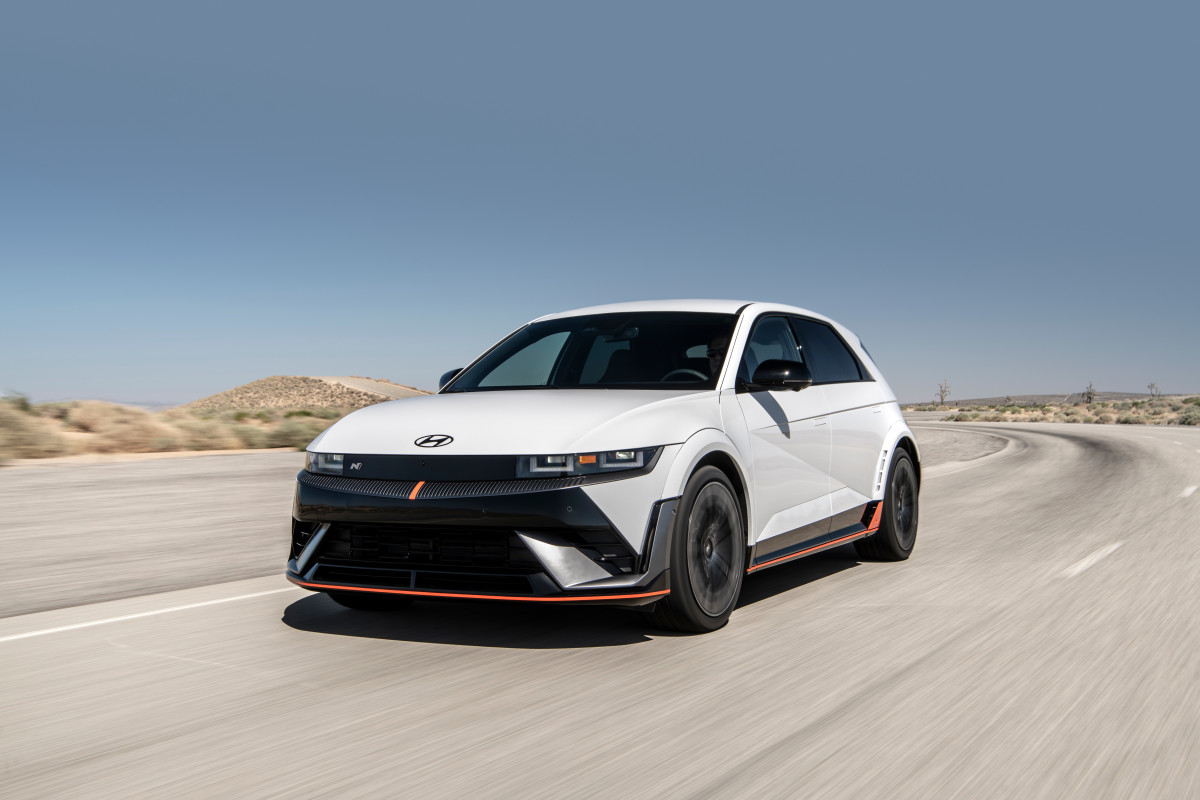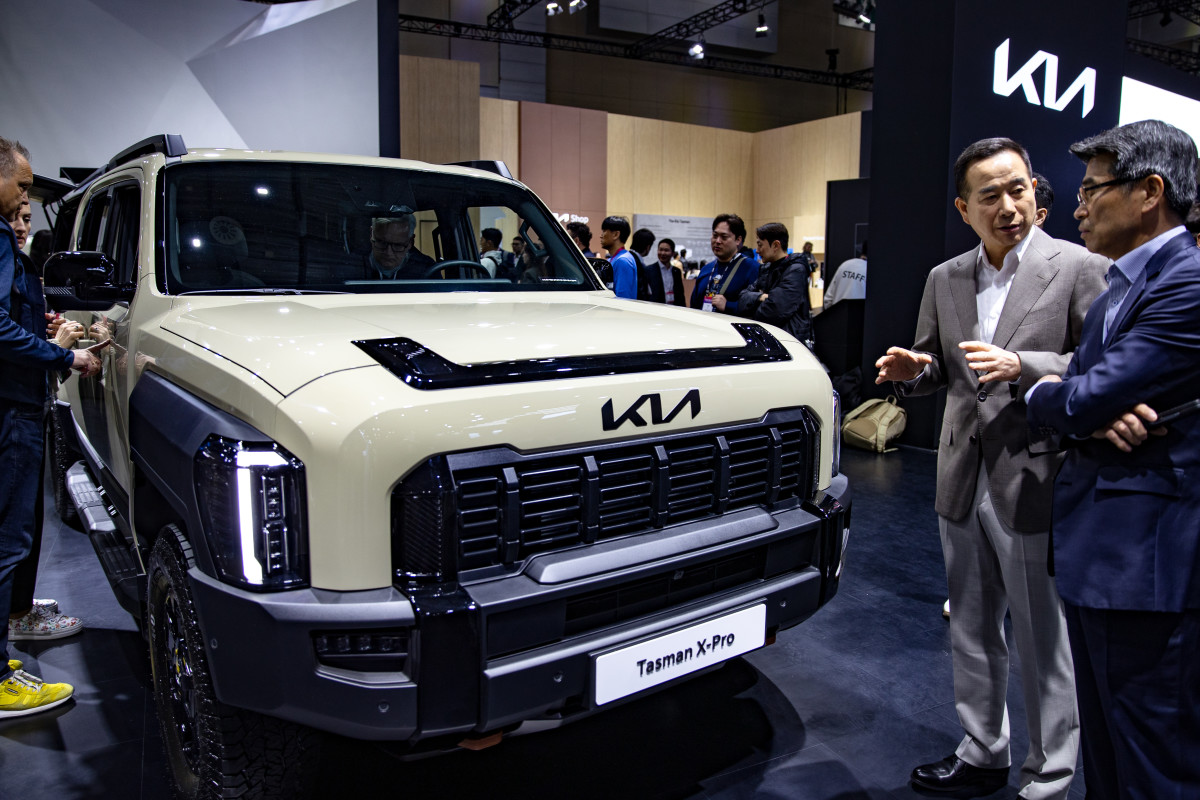Pressure mounts on South Korea to reach U.S. trade deal after Japan’s success
Automakers in various countries around the world are working to negotiate amended tariff arrangements with the Trump administration, and Japan’s deal this week has placed increasing pressure on South Korea to finalize a better, equal, or similar accord. Instead of facing a 25% tariff on automotive exports into the U.S., Japan will now pay a 15% rate. However, South Korea faces multiple roadblocks in its U.S. negotiations. First, South Korea only has until August 1 to reach a deal with the U.S., or else it will pay a 25% tariff. Kim Yong-jin, a management professor at Sogang University, stated that South Korea will face difficulty in persuading the U.S. to lower its tariff rates below those of Japan’s 15% and Britain’s 10%, according to Reuters. South Korea will also have to sweeten its deal with additional offerings, similar to Japan, which agreed to a $550 billion investment into sectors like U.S. auto and rice markets, $150 billion more than Washington’s initial request. Before this week, South Korea had yet to secure a top-level meeting with Washington, whereas Japan traveled to the nation’s capital eight times and held a summit with Trump in June before reaching a deal.
2025 Hyundai
According to The Chosun, 60% of South Korea’s $66 billion trade surplus with the U.S. comes from automobiles, and anything but a tariff reduction similar to Japan’s could have a significant impact on companies like Hyundai and Kia. Bloomberg reports that South Korea and the U.S. have discussed creating a fund worth billions to invest in American projects, similar to Japan. South Korea may also mirror Japan’s commitment to purchasing more U.S. goods in key sectors, such as American vehicles. Commerce Secretary Howard Lutnick suggested a $400 billion figure in talks with South Korea, the same initially proposed amount during Japan’s negotiations. Still, Japan’s economy is more than twice the size of South Korea’s, making equivalent investments in the U.S. unlikely. South Korean Industry Minister Kim Jung-kwan is in Washington this week for negotiations. Trump signalled what he’s looking for in talks with other countries on Wednesday: “The tariff is very important, but the opening of a country, I think, can be more important if our businesses do the job that they’re supposed to be doing. Such openings are worthy of many points in tariffs,” according to Bloomberg.
Related: Subaru Launches Its Uncharted EV With a 290-Mile Range, Should Hyundai and Kia Worry?
Where other Asian automakers stand in U.S. trade discussions
U.S. Treasury Secretary Scott Bessent noted that China, which is under a different tariff negotiation deadline of August 12, may have its deadline postponed again to accommodate additional talks, ABC reports. Indonesia, another significant automaker in Asia, made a 19% tariff agreement with the U.S., moderately limiting competitiveness. President Trump had initially threatened a 32% tariff against Indonesia, and the deal includes the Southeast Asian country eliminating almost all of its trade barriers for imports of American goods.
Getty
Final thoughts/rundown of trade deal with Japan
South Korea needs to adopt an adaptive approach if it hopes to score a U.S. trade deal similar to Japan’s. According to Reuters, South Korea said it would exclude opening up its rice and beef markets as a bargaining chip during Washington talks, but it may have to adjust its position as the deadline for avoiding a 25% tariff grows closer. South Korea’s industry minister said on Wednesday that he’d be taking a close look at Japan’s agreement with the U.S. to facilitate greater cooperation during Washington trade talks.
Related: Can the Hyundai Ioniq 6 N Dethrone the Tesla Model 3 Performance?